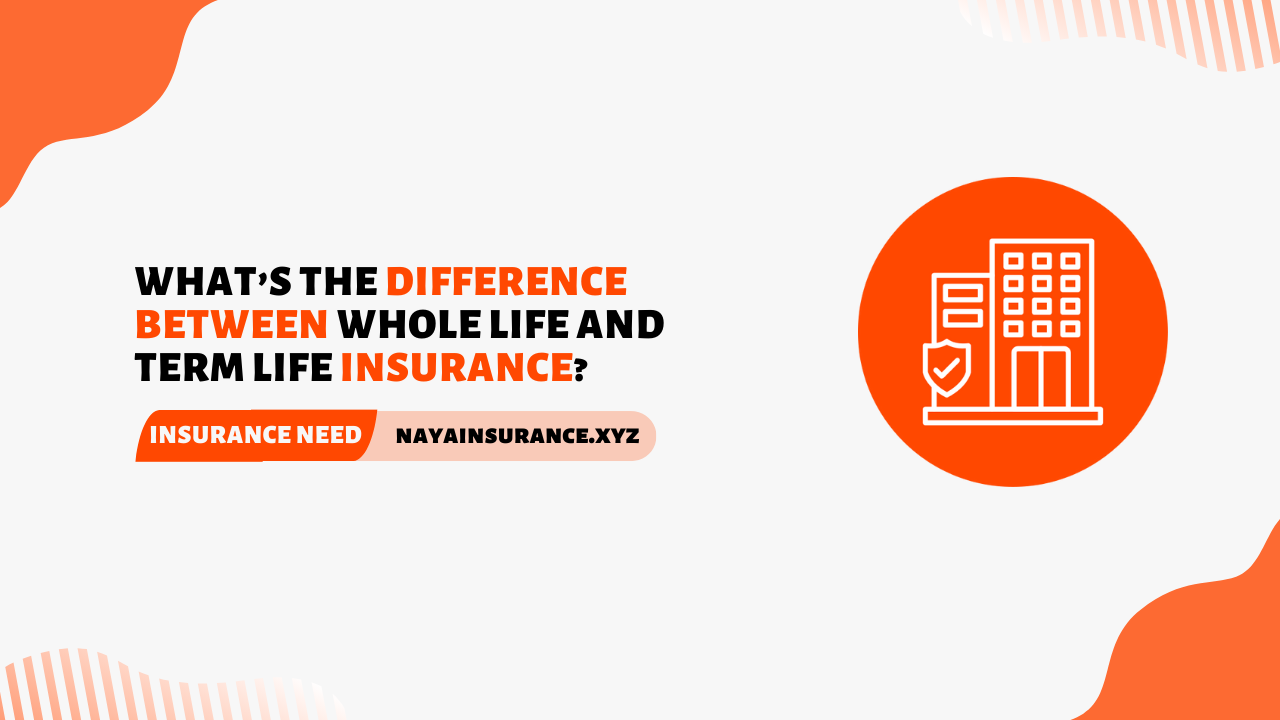Insurance policies are like safety nets that protect us from unexpected financial burdens. Whether it’s health insurance, car insurance, or home insurance, making timely payments is crucial to keep these safety nets intact. But what happens if you miss a payment on your insurance policy?
What Happens When You Miss a Payment?
When you miss a payment on your insurance policy, the first thing to check is the grace period. Most insurance companies offer a grace period, which is a short window of time after the due date during which you can still make the payment without facing penalties. However, if you miss this grace period, late fees and penalties may be applied.
Impact on Coverage
Missing a payment can lead to a lapse in coverage. This means that your insurance policy is temporarily or permanently inactive, leaving you vulnerable to uninsured incidents. For example, if you miss a payment on your car insurance and get into an accident during the lapse, you might have to pay for the damages out of pocket.
Financial Consequences
One of the immediate financial consequences of missing a payment is an increase in premiums. Insurance companies may raise your premiums as a penalty for late payments. Additionally, reinstating your coverage after a lapse can be challenging and may involve additional fees.
How to Avoid Missing Payments
To avoid missing payments, consider setting up reminders or enrolling in automatic payments. Automatic payments ensure that your insurance premiums are deducted from your bank account or charged to your credit card on time, reducing the risk of human error.
What to Do If You Miss a Payment
If you do miss a payment, the first step is to contact your insurance provider as soon as possible. Explain the situation and inquire about any available options for making the payment or reinstating your coverage. Some insurance companies may offer payment plans or waive late fees if you communicate promptly.
Case Studies
Real-life examples can provide valuable lessons. For instance, John missed a payment on his health insurance and didn’t realize it until he needed medical attention. He had to pay for his treatment out of pocket and faced higher premiums when he reinstated his coverage. John learned the importance of setting up automatic payments to avoid such situations in the future.
Conclusion
In conclusion, missing a payment on your insurance policy can have serious consequences, including lapses in coverage, increased premiums, and financial penalties. To avoid these issues, it’s essential to stay on top of your payments and explore options like automatic payments. Remember, insurance is there to protect you, so keeping it active is crucial.

